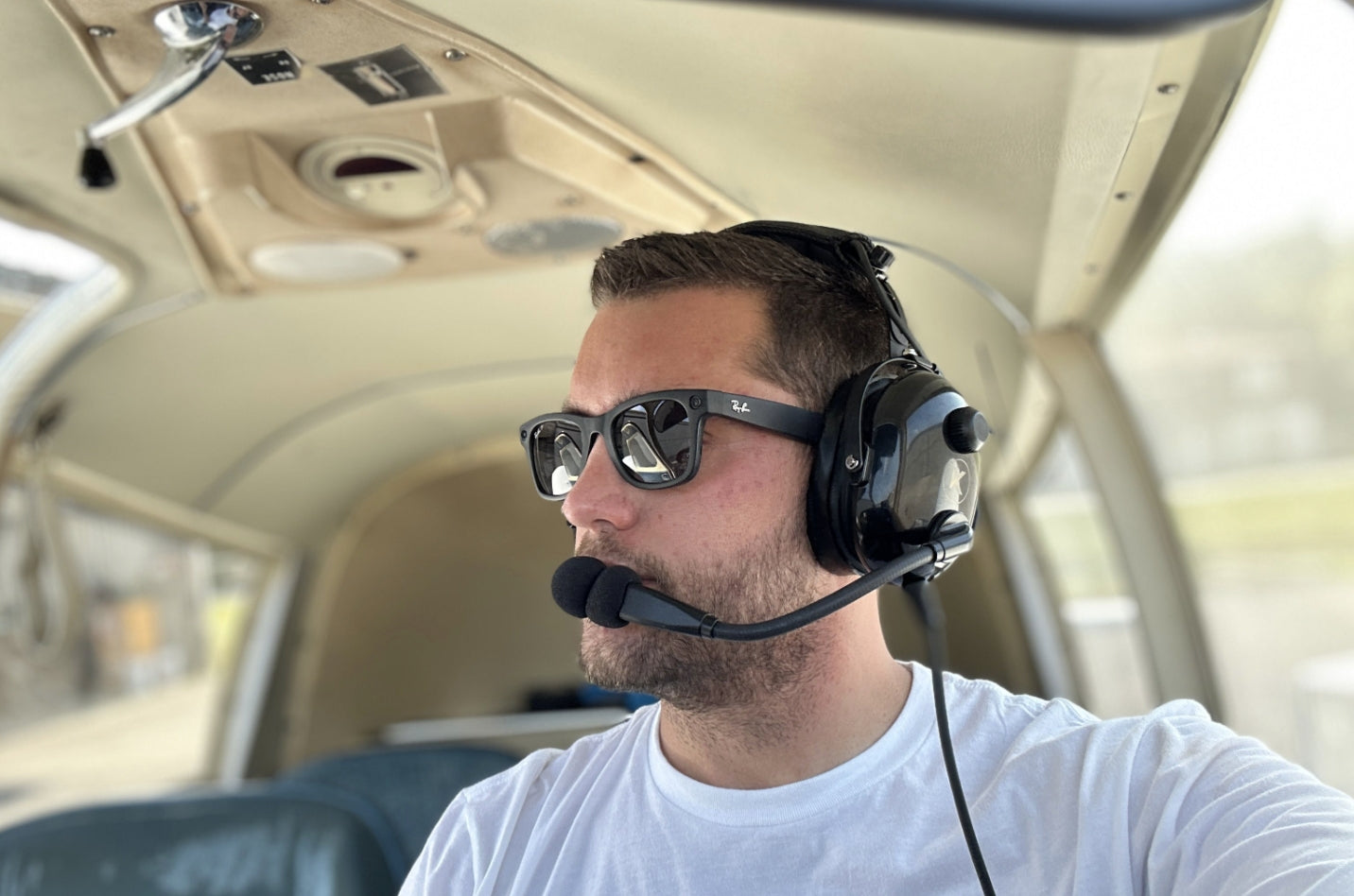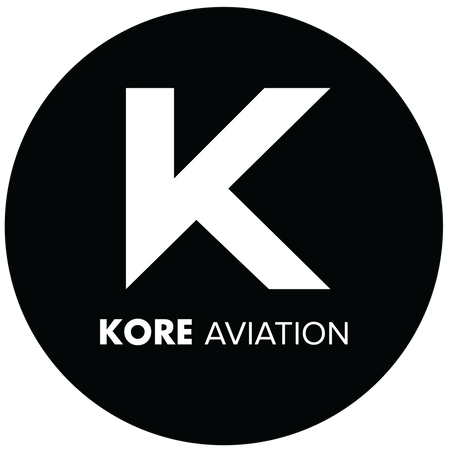
Kore Aviation - Choosing an aviation headset for student pilot can feel overwhelming. Between price tags, features, and technical terms, many new pilots don’t know where to start. But your headset is one of the most essential tools in your cockpit. It affects your ability to hear ATC, communicate with instructors, and stay focused during training flights.
This guide walks you through why headsets matter, what features are ideal for beginners, and top picks of Aviation Headset that delivers the best value without sacrificing performance.
Why a Beginner-Friendly Aviation Headset Matters
A headset is not a luxury. It’s a necessity in flight training. For student pilots, it must be:
- Easy to use
- Comfortable to wear for long periods
- Durable enough to survive frequent use
- Affordable without sacrificing quality
A beginner-friendly aviation headset helps reduce stress in the cockpit, improve focus, and support better communication from day one.
Why Every Student Pilot Needs a Reliable Headset
Communication in flight training is essential. A quality aviation headset helps you:
- Hear ATC instructions clearly
- Reduce cockpit engine noise
- Communicate with your instructor
- Protect your hearing during long lessons
- Stay focused and avoid fatigue
Many CFIs consider a student’s headset as important as their logbook. Choosing a beginner friendly model gives you peace of mind as you build skills.
What Makes a Headset Beginner Friendly?
Not all headsets are equal, especially for new pilots. A beginner friendly aviation headset should have:
-
Comfortable Fit
Adjustable bands and soft ear seals allow hours of wear without discomfort. This is critical for longer training flights. -
Clear Microphone Audio
A noise-canceling microphone ensures your voice is heard loud and clear, even over engine noise. -
Simple Plug and Play Setup
Dual GA plugs work with most training aircraft like the Cessna 172 and Piper Cherokee. No extra configuration needed. -
Durable Construction
New pilots handle gear often. A rugged build ensures your headset survives daily use in all conditions. -
Affordable Price Tag
You shouldn’t have to spend a fortune. Entry-level headsets can still deliver outstanding performance.
Top Pick: Kore Aviation KA-1 Headset
One of the most recommended aviation headset for student pilot beginner friendly use is the Kore Aviation KA-1. Here’s why:
- Lightweight frame: Ideal for long flights and student use
- Passive noise reduction (24dB): Blocks out most cockpit noise
- Noise-canceling electret mic: Delivers crystal clear ATC communication
- Soft foam ear seals: Ensures comfort even on hot training days
- Affordable: Perfect entry-level pricing for students without compromising quality
You can read more about this model in Kore Aviation’s article on The Ultimate Pilot Headset Buyer's Guide for 2025.
Key Features to Look for in a Training Headset
1. Passive Noise Reduction vs Active Noise Reduction
Most student pilots start with PNR (Passive Noise Reduction) which uses thick ear seals to block sound naturally. ANR (Active Noise Reduction) models are more expensive and use electronics to cancel background noise but may not be necessary at the start.
2. Audio Clarity for Radio Calls
A headset’s mic and speakers should support clean communication. Static or buzzing can make it hard to respond correctly during check-ins with tower or ground.
3. Adjustable Fit for Different Users
Not all student pilots have the same head shape. A flexible headset ensures you can fly without pressure points or slipping during maneuvers.
4. Portability and Case Included
Look for headsets that come with carrying cases for protection when commuting to flight school or storing between flights.
5 Mistakes to Avoid When Buying a Pilot Headset
-
Going too cheap
Avoid flimsy, off-brand models with poor mic quality. Bad audio = poor learning. -
Overbuying too early
You don’t need $1,000 Bose headsets your first month. Build your foundation first. -
Ignoring plug type
Make sure the headset uses standard dual GA plugs unless you’re flying helicopters. -
Choosing without reviews
Always read real pilot feedback. Forums like r/flying or AOPA reviews help. -
Neglecting warranty
Choose a brand like Kore Aviation that includes a solid return or warranty policy.
Discover More: How to Choose and Test an Aviation Headset Before Your First Flight
FAQs: Aviation Headset for Student Pilot Beginner Friendly
1. Do I really need my own headset to start flight school?
Yes. Most schools expect you to bring your own headset after the first few lessons. It’s more hygienic and comfortable than borrowing.
2. Is ANR worth the price as a beginner?
Not always. Unless you're flying multi-hour legs or in noisy environments, a solid PNR headset like the Kore Aviation KA-1 is often all you need.
3. Can I use gaming or Bluetooth headsets?
No. Aviation headsets are specially built for cockpit environments, with different connectors and audio clarity standards.
4. What’s the lifespan of a beginner headset?
With good care, a student headset like the Kore KA-1 can last multiple years, even beyond your private pilot license.
5. Do beginner headsets need maintenance?
Clean the mic, ear seals, and cords regularly. Replace worn pads annually and store in a case when not in use.
6. What’s the warranty on Kore Aviation headsets?
Most Kore models come with a five-year limited warranty covering manufacturer defects.
Final Thoughts
Choosing the right aviation headset for student pilot beginner friendly use is a key step in becoming a confident pilot. Comfort, clarity, and durability matter most in your first year of flight training. A headset like the Kore Aviation KA-1 strikes the perfect balance between budget and performance.
